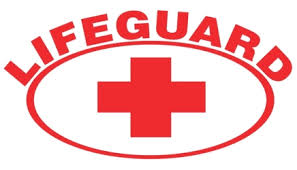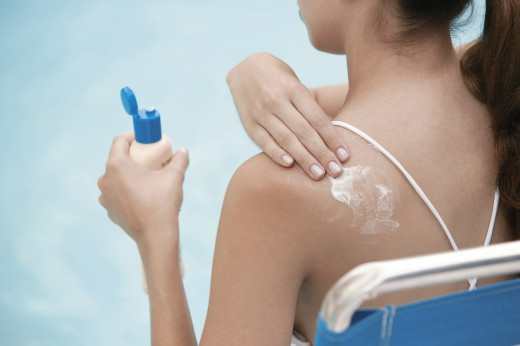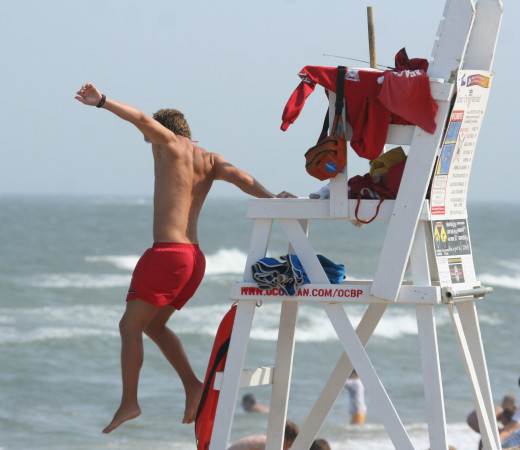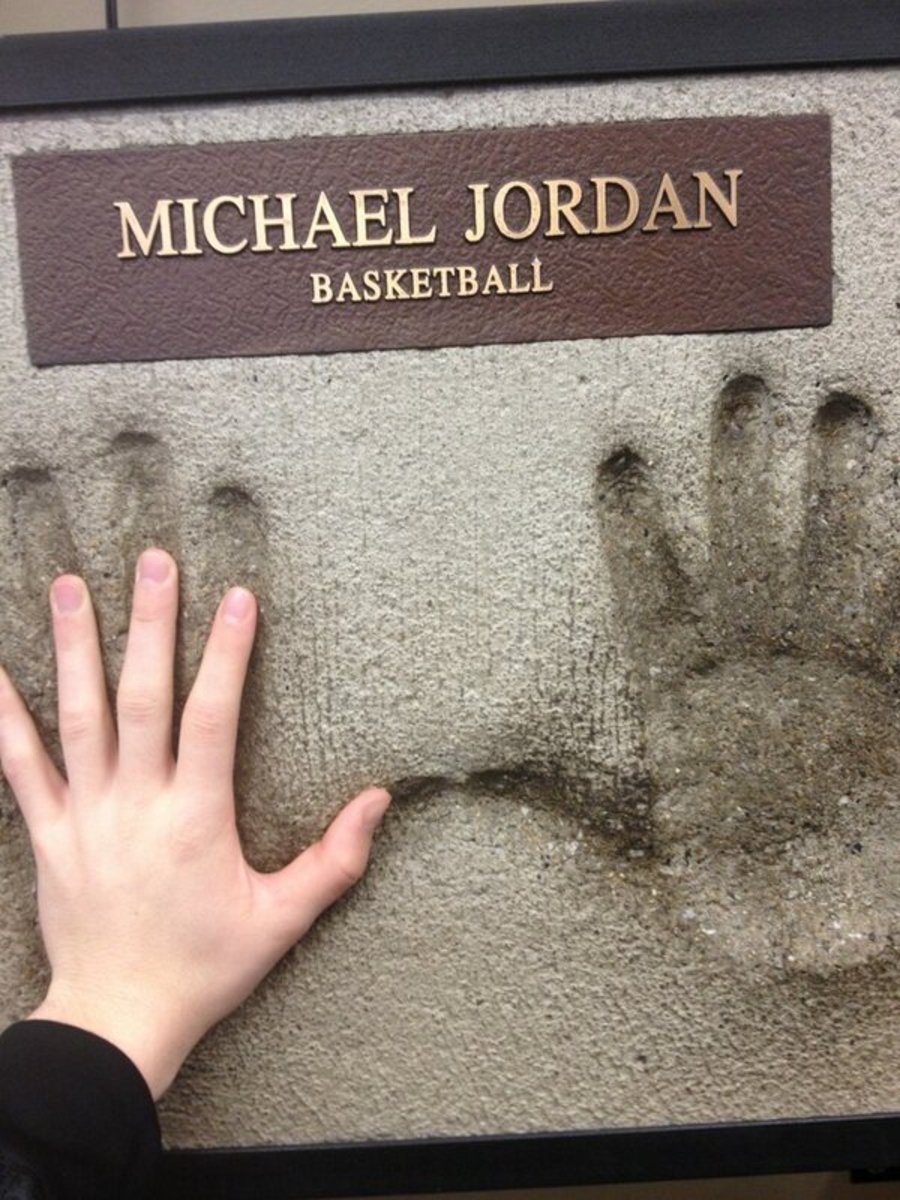How to Succeed as a Lifeguard

About the Author
I'm a former lifeguard who has worked at both water parks and pools. The job is a serious one, but can be a lot of fun, and I have fond memories of those days.
Gaining Certification
So, you'd like to find tips for being a great lifeguard? We'll get there, but first, you need to earn certification before you can even (legally) work as one. Many seek to be licensed by the Red Cross, but watch out: Not all pools/water parks will accept Red Cross certification due to some small differences in techniques. I myself had to be trained twice; I passed my Red Cross training, but the water park I applied at didn't accept Red Cross, so I was re-certified with a different (yet very similar) program called Ellis. So just be sure to check what your potential employers accept before you complete training.
Next, let's discuss what the training entails. Both of my experiences tested my ability to swim, pass a written test, and learn CPR. You'll probably have to go to the training center anywhere between 3-7 times, and work for a few hours each visit. You may be provided a textbook, and it has useful information within, but your instructors will highlight what you need to home in on for the written test; most people get through it just fine. The tougher parts are the "saves" you'll learn. Your trainers will teach you how to approach troubled swimmers from the front, from behind, when they're already submerged, etc. And then you have to practice the saves. I wouldn't call them "hard", but it can be nerve-wracking to have several people watching as you perform a save, even if it's only practice. Do your best, learn the various approaches, and don't beat yourself up if you make a mistake- that's why you're practicing. You'll probably need to pass a swim test. Your instructors may ask you to tread water for a certain amount of time, or carry a brick underwater for a short distance. As long as you're a decent swimmer, you should do fine. Next, your CPR certification is fairly simple to obtain (but don't underestimate its importance). You'll probably spend about 3 or 4 hours studying the techniques and practicing the motions on dummies. The park I worked at would have us periodically review the procedure, and I'm glad we did; you never know when you'll have to use it. Whether you practice at a pool or a water park, be sure you will be prepared if an emergency arises.
Now that you've attained certification, let's review some tips for succeeding as a lifeguard!

3. Wear Sunscreen
"Well, duh", some of you may say. And you'd be right; this one seems like a no-brainer. Unless you work at an indoor pool, sunscreen is essential to your happiness and health. Reapply it periodically throughout the day to ensure you don't develop any negative skin conditions. Don't be like my old lifeguard friend (we'll name him Geremy Jill), who thought that he'd be okay outside for a few hours in summer without protection. It only takes one day to develop painful second-degree burns, so make sure you don't forget about sunscreen. Wear it during training, too, if you'll be outside. In addition to sunscreen, some places will require you to carry a "utility belt" (fanny pack) that can carry a CPR mask, band aids, and gauze. They may look silly, but I recommend them, even if your park doesn't require them. Last, remember to take protective sunglasses to shield your eyes from the sun (and look pretty dang awesome).

2. Don't be afraid to act
I'll be honest with you. At a local neighborhood pool, there typically won't be much action. Some pools go for entire summers without needing a lifeguard ever enter the water. Water parks are far busier; in a single summer, I jumped in to rescue swimmers eleven times. But regardless of where you work, there will likely come a time when you'll need to act. The first instance is usually the hardest; the weight of your job suddenly compiles all at once. Plus, you may be unsure if a swimmer actually requires assistance. I'd advise you to follow the old "when in doubt, act" saying. If you leap in, and the person was actually in no danger, you may be embarrassed, but no harm will be done. Better to risk a little awkwardness than to lose valuable seconds of someone's air supply. It helps to practice jumping in throughout your career. If it's been awhile since your training, and you haven't worked on your saves in awhile, schedule a drill with a colleague or family member to ensure you'll be prepared when the time comes.

1. Don't listen to civilians
"Civilians" meaning any person who is not a part of your organization. Most people you'll encounter are likely decent fellows who will assist you when you ask them to (you'll be taught to point at someone and tell them to call 911 if you're about to perform CPR), but never rely on a guest's word. I'm not trying to tell you that people are liars, but I can't count the number of times I've seen someone claim they could swim fine when they couldn't. In my experiences, children are usually reliable with their words. I had one child flat-out tell me he couldn't swim before immediately entering a slide. Hey, at least the kid was honest. Parents mean well, but are often the ones who'll overestimate their child's abilities (or sometimes their own). Very rarely, you'll encounter rowdy guests who are disrupting the environment and disturbing your concentration. They may even taunt you. If things ever become that bad, don't pick a fight; call your manager/supervisor, and have them settle the situation. You have more important things to do than clash with some jerk. All in all, getting to interact with a variety of individuals is a rewarding experience.. just keep your eyes on them, no matter what they say.

Summary
There's a lot of responsibility in becoming a lifeguard, but you'll be hard-pressed to find a more rewarding experience. You don't have to possess a six-pack (I know I didn't, mostly thanks to Chinese take-out) or be the most attractive person to be successful. Remember to find a place you'd like to apply at, obtain accepted accreditation, practice your skills, wear the right gear, and keep a vigilant eye on swimmers. The rules of each environment vary (some allow you to sit in shade, others require standing in the sun), but if you work hard, you can become an excellent lifeguard.








